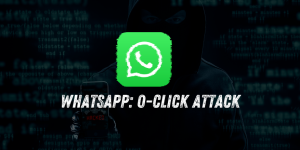Fake Browser Updates Deliver BitRAT and Lumma Stealer Malware

See Also: So, you want to be a hacker?
Offensive Security, Bug Bounty Courses
Distribution via Discord
Threat actors often use Discord as a distribution channel for malware. Bitdefender recently reported over 50,000 dangerous links circulating on Discord, spreading malware, phishing campaigns, and spam. The use of Discord in these fake update attacks demonstrates the platform’s exploitation by cybercriminals.
New Attack Variants
A recent report from ReliaQuest highlighted a variant of the ClearFake campaign that tricks users into copying and pasting malicious PowerShell code. This tactic involves a deceptive website that instructs users to fix a display issue by installing a root certificate and running obfuscated PowerShell commands, ultimately downloading and executing Lumma Stealer.

Rise in Lumma Stealer Activity
Lumma Stealer has become increasingly prevalent, with significant growth in logs listed for sale on the dark web. Its popularity among cybercriminals is attributed to its high success rate in infiltrating systems and exfiltrating data undetected.
Trending: Offensive Security Tool: Genzai
Are u a security researcher? Or a company that writes articles about Cyber Security, Offensive Security (related to information security in general) that match with our specific audience and is worth sharing? If you want to express your idea in an article contact us here for a quote: [email protected]
Source: thehackernews.com













